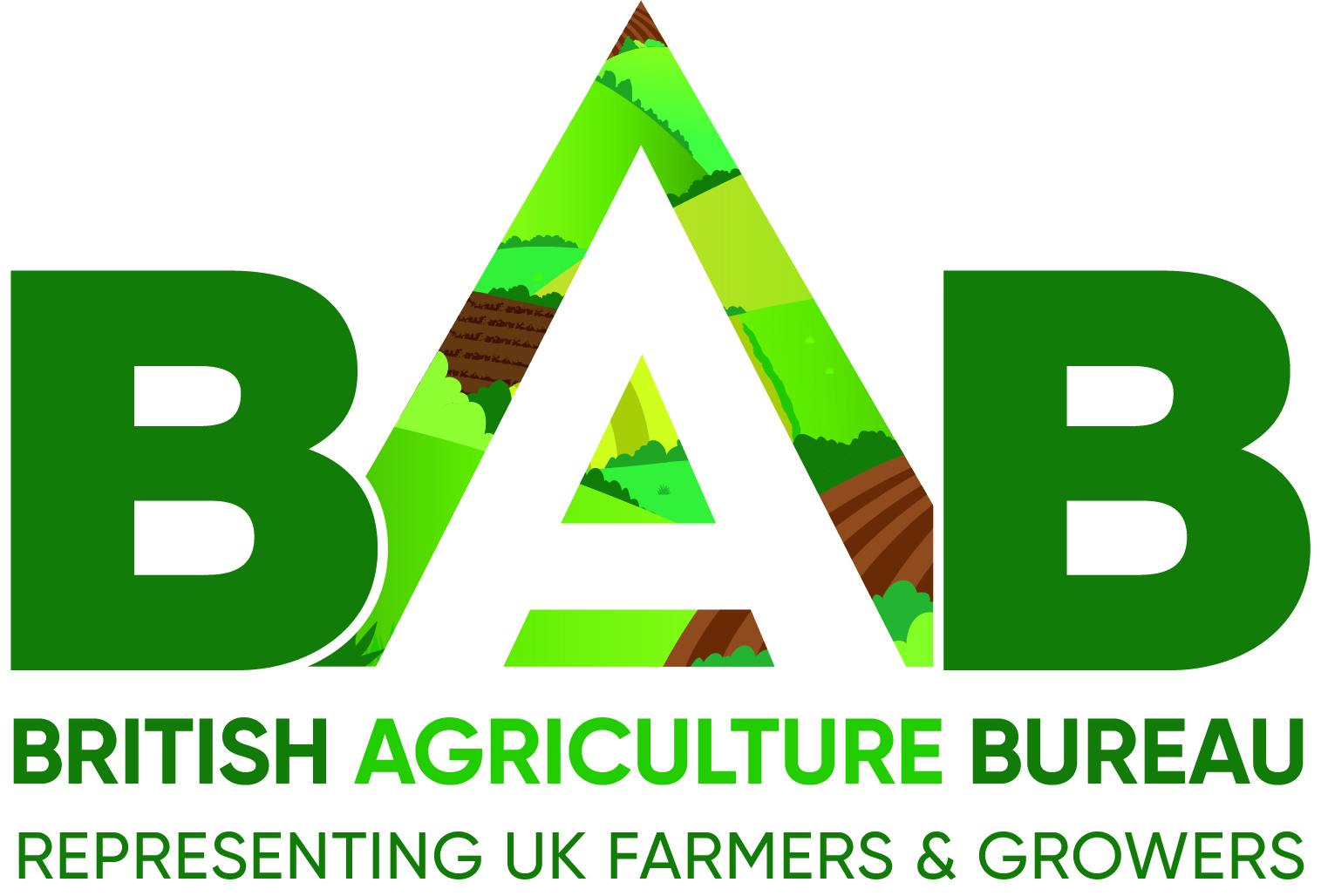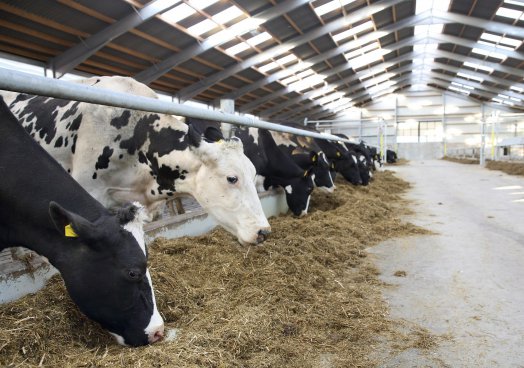
BTV-3 vaccine authorised in Belgium
The Belgian federal medicines agency, FAMHP, has authorised use of the BTV-3 vaccine developed by Spanish company Syva via an emergency authorisation procedure. The vaccine has been authorised for use on both sheep and cattle. This is the same vaccine authorised for use in the Netherlands. Belgian authorities expect a large-scale outbreak of BTV-3 from the end of June.
Meanwhile, a second BTV-3 vaccine has also been authorised for use in the Netherlands. 1.3 million doses will be available of the Boehringer Ingelheim vaccine from mid-June.
Council gives final green light to a targeted review of the common agricultural policy
On Monday 13 May, the Council formally adopted a targeted review of certain basic acts of the common agricultural policy (CAP). This review comes as a response to concerns voiced by farmers in recent months, including geopolitical developments and extreme weather events. The review addresses certain elements of the CAP strategic plans regulation and the regulation on the financing, management and monitoring of the common agricultural policy. Farmers will be able to retroactively apply some of the new rules related to environmental conditionalities for the claim year 2024.
French beet growers test pest-repelling fragrance as alternative to neonicotinoids
France is testing a pest-repelling fragrance as an alternative to EU-banned neonicotinoids. The French government has authorised a biocontrol product based on scented molecules known as kairomones, allowing its use on 500 hectares of sugar beet fields until mid-August. State support for the biocontrol product, developed by Rennes-based start-up Agriodor, is part of a national plan against the beet yellows disease, which ravaged France’s sugar beet harvest in 2020. The company hopes to obtain a new emergency marketing authorisation for 2025, citing the lack of alternatives for French beet growers to protect their crops from aphids.
Agreement reached on Ukraine trade concessions
When Russia illegally invaded Ukraine in February 2022, the EU granted Ukraine duty free, quota free access to their markets for all agricultural products for a 12-month period. These arrangements were renewed for a further 12 months from June 2023 with new conditions including:
- imports of eggs, poultry, sugar, groats, oats, honey and maize subject to ceilings based on average trade volumes in the period July 2021 to December 2023 with the import duties applied to quantities imported above the ceilings;
- The possibility for the Commission to take swift action and impose any measures it deems necessary should there be significant disruption to the EU market or the markets of one or more EU member states due to imports from Ukraine;
- Reinforced monitoring of imports of cereals and oilseeds from Ukraine.
EU/New Zealand FTA enters into force
The EU/NZ FTA entered into force on 1 May 2024. EU farmers will benefit from the elimination of tariffs on key EU exports such as pig meat, wine, chocolate, sugar confectionary and biscuits. Moreover, the agreement protects the full list of EU wines and spirits (close to 2,000 names), as well as 163 of the most renowned traditional EU products (Geographical Indications), such as Feta cheese. Meanwhile, sensitive EU agricultural products such as beef, sheepmeat and dairy products are protected through tariff rate quotas. The deal is expected to cut €140 million a year in duties for EU companies and EU-NZ trade is expected to grow by up to 30% within a decade. This is the first EU FTA to embed commitments on sustainability, including respect of the Paris Climate Agreement and core labour rights. Read more about the FTA here.




